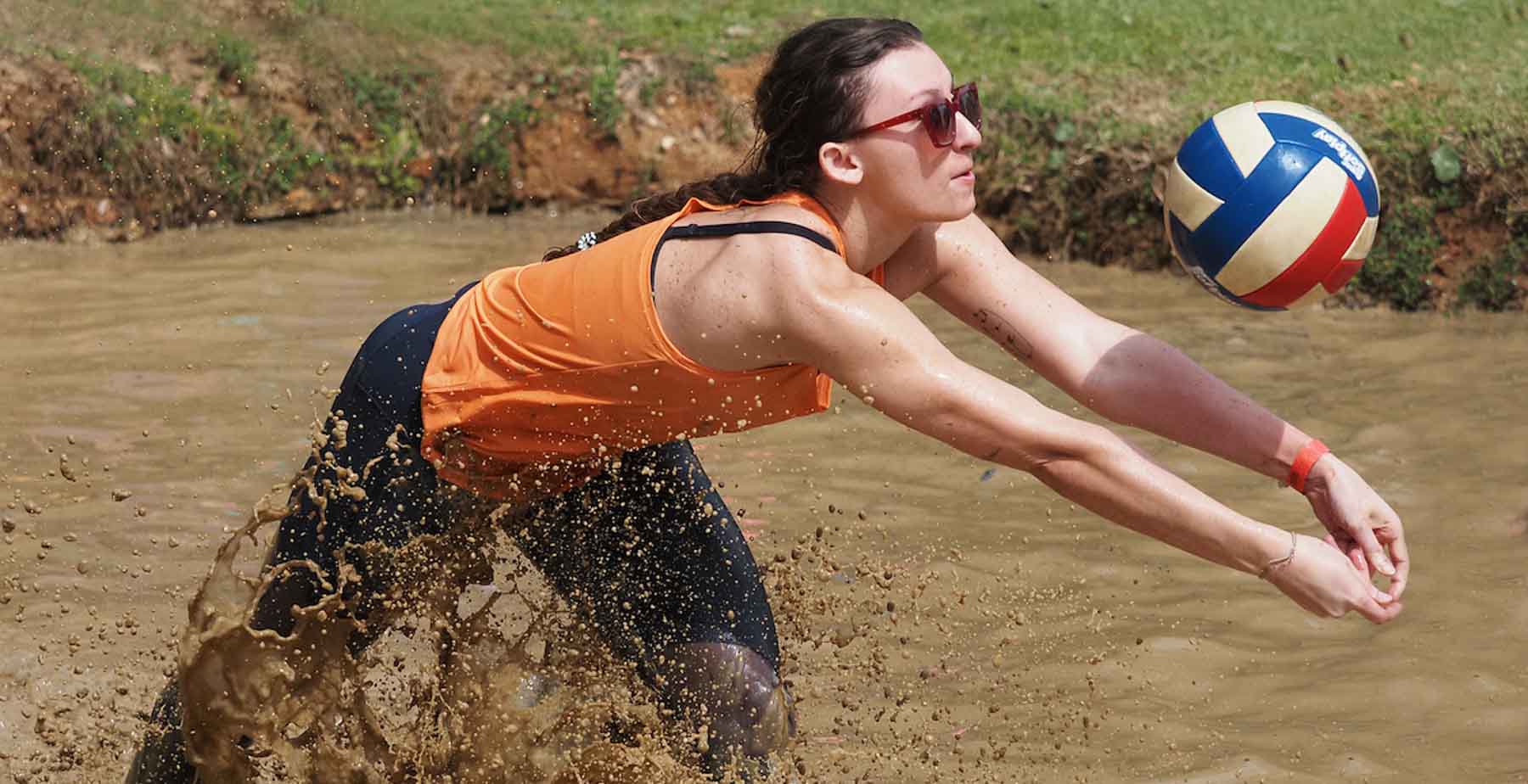Dorgan Receives CAREER Grant from National Science Foundation
Posted on April 17, 2019
Dr. Kelly Dorgan, assistant professor of marine sciences at the University of South Alabama and a senior marine scientist at The Sea Lab at Dauphin Island, has received a prestigious CAREER grant from the National Science Foundation. NSF’s Faculty Early Career Development Program gives early career faculty such as Dorgan the support to advance both their research and educational programs in their department or organization.
Dorgan, who joined USA and The Sea Lab in 2013, focuses on marine sediments and the diverse community of marine organisms — mostly worms – that live within these sediments. The marine worms play a vital role in the health of our oceans.
"Marine sediments are important because that's where nutrients get regenerated. Marine worms are important recyclers of the organic matter," Dorgan explained. "Phytoplankton die, sink to the bottom, are consumed by marine worms, and the worms excrete the nutrients which circulate to the top of the oceans and fuel more primary production. In shallow water, where I'll be working on this project, a lot of the nutrients come from being regenerated by the worms in the sediment."
Dorgan plans to use the grant in the field and lab to better understand how worms change the physical structure of sediments, a process called ecosystem engineering, and to improve the ability to predict bioturbation rates and patterns, and in the classroom to expand the implementation of technology and technological skills into marine science lessons for middle school, high school, undergraduate and graduate students.
In the field, one area studied will be what happens to the benthic infauna or marine worm community after a physical disturbance such as a hurricane. The storms can stir up sediments which displace the worms. "We're especially interested in how worms modify the sediments following a storm — for example if worms that are able to reburrow quickly can survive a storm, do they compact the sediment and make it easier for other animals to settle?" Dorgan said.
Dorgan will also use the grant to expand the tools she can use in the classroom. She'll travel to the University of Massachusetts Amherst to work with a collaborator to learn the finite element modeling engineering tool. Finite element modeling can be used to study how sediments respond to burrowing worms and more broadly in studying how organisms interact with their physical environments. An understanding of the program will allow her to use it in her future research and also in her graduate courses.
"In order to study the ocean, people spend a lot of time figuring out how to build instruments to measure whatever it is they want to measure," Dorgan said. "I want to help expand the technical toolbox of my students."
Working with The Sea Lab’s Discovery Hall Programs chair Dr. Tina Miller Way, Dorgan plans to create a classroom kit and design activities for students to learn to build an instrument, write software and then use the instrument to record data.
The activities would be used both in a new course for undergraduate students at The Sea Lab and by DHP educators during its technology-focused summer camp, Marine DeTECHtives. Dorgan also looks to use the funding from the NSF CAREER grant to expand the camp and offer a session just for girls.
"One of my career goals is to get more women interested in the physical hard sciences. There are a lot of women in biology, but not a lot in physics. My work spans the two," Dorgan explained.





